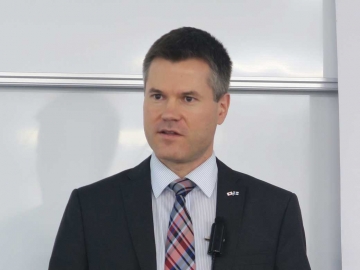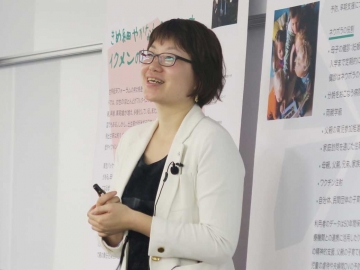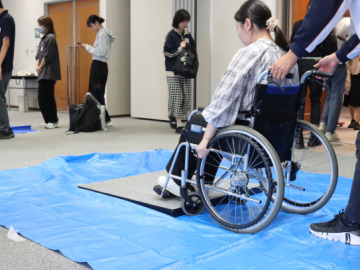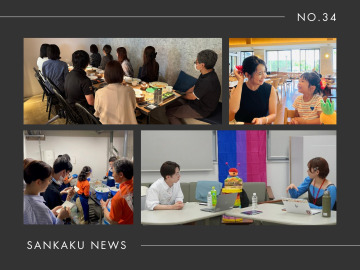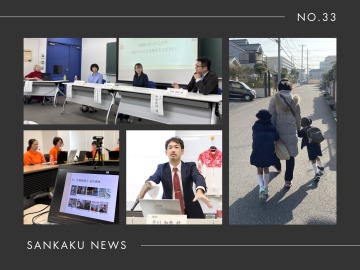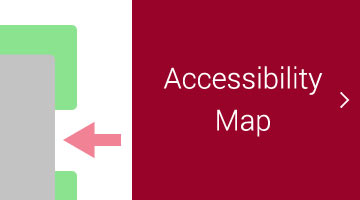The View from Finland
Letting Everyone Be Themselves in Work, Childcare and Private Life
November 18, 2015
- Lecturers:
- Markus Kokko (Press and Culture Officer at the Embassy of Finland in Tokyo, Japan
- Tokiko Horiuchi (Project Coordinator in the Press and Culture Section at the Embassy of Finland in Tokyo, Japan)
- Host: Office for Promotion of Gender Equality
- Co-host: EUIJ Waseda
- Partner: Embassy of Finland
- Support: International Community Center (ICC)
- Markus Kokko
- Tokiko Horiuchi
This lecture was conducted in partnership with the Embassy of Finland. Tokiko Horiuchi began the lecture by talking about the participation of women in Finnish society and introducing the various systems, particularly the distinctive “neuvola” childcare support system, used to support them. She discussed how national initiatives and policies have been used to effect a change of thinking amongst the populace as a whole. Markus Kokko talked about his own views towards childrearing. He told the more than 130 students, faculty, and members of the general public in attendance that, “For me, there is nothing strange about men taking care of children. I feel this way thanks to the environment which my parents created.” He went on to say that, “Japan doesn’t need to adopt Finland’s systems exactly as they are; rather, it should flexibly incorporate the essential elements.”
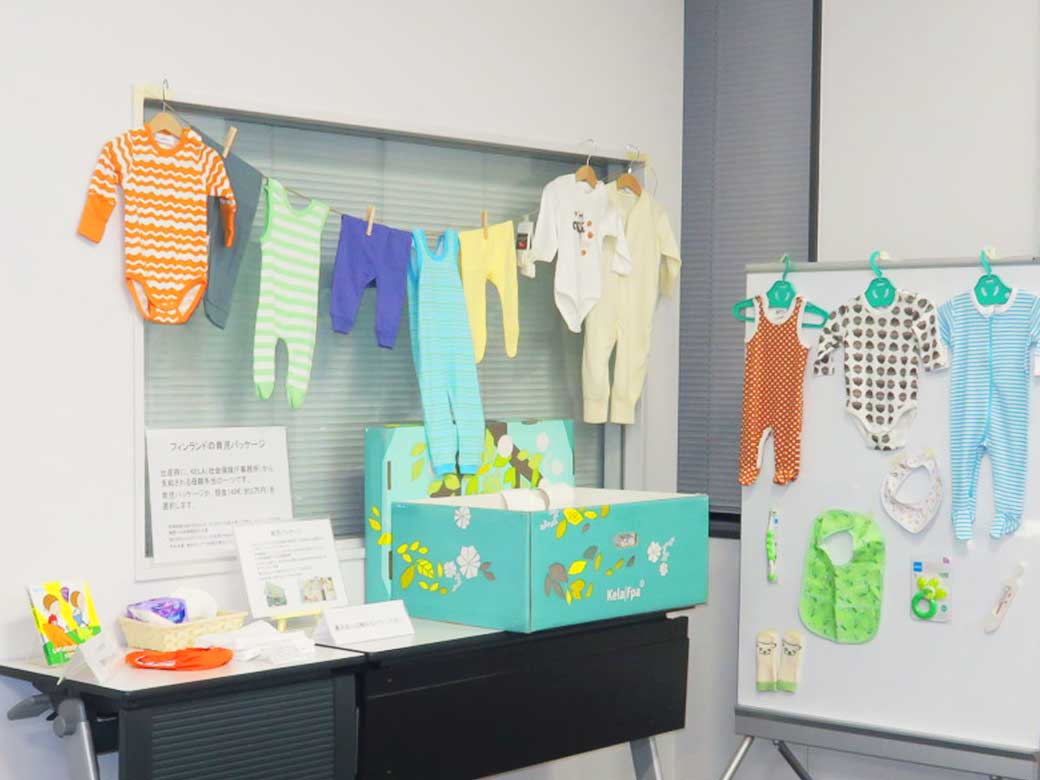
Participant Feedback
Yusuke Otawa
4th year student in the School of Political Science and Economics
I had the opportunity to hear the lecture given by members of the Embassy of Finland regarding gender equality in Finnish society. The lecture contained discussion of real life examples of work-life balance and gender equality in Finland and how this contrasts with the way Japanese think about these issues.
This is becoming an increasingly hot topic in recent years, and the Scandinavian attitude towards work and childrearing, as well as the social support systems in place, sounded quite appealing. I was particularly impressed by the robust support offered for childrearing. As I listened to the speakers, my heart leapt at how comfortable and generous an environment Finland sounds.
However, I just cannot believe that Finland’s mindset or systems could be applied in Japan. I think discussion of something’s “value” needs to be clearly separated from discussion about the “methods” used to realize it. Finland’s example is instructive in terms of the mindset of gender equality and the value that it brings to society, but the methods that Finland uses to achieve this, such as the various systems that it implements, are not.
This is because the methods used to realize a given value are largely dependent upon the social setting, for example the time and place. And the social setting in Japan is vastly different to that of Finland.
This lecture was a valuable opportunity to be introduced to a way of thinking quite unknown in Japan and to reconsider what equal gender participation in society should look like. However, speaking as someone who agrees with the value which has been realized in Finland, it is important that we go beyond superficial examination and unthinking praise of Finland. I feel it is essential that we understand what underlies Finland’s gender equality achievements as well as understand what negative impacts it may sometimes have. I think when the level of interest within Japanese society reaches this point, we will be one step closer to realizing new value within society.
(SANKAKU NEWS No.15)

